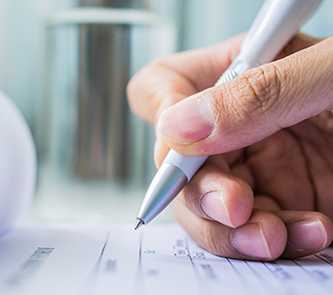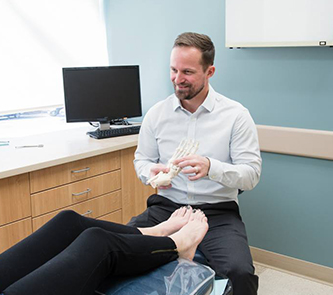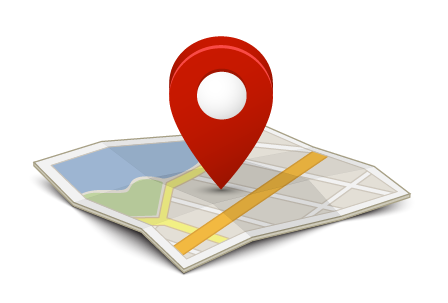4th of July Safety Tips
1. Wear sunscreen!
Even on your feet. Hats and light clothing aren’t bad ideas either to help with sun exposure. Invest in a wide brimmed hat for young children. To protect your skin, dermatologists recommend using a sunscreen that offers: SPF 30 or greater, broad-spectrum protection, and water resistance.
2. Stay hydrated.
It’s always important to drink water but even more in the hot and humid weather. Dehydration is serious and can make you feel tired and cause headaches or even a trip to the ER if severe enough.
3. Use caution around grills.
Distraction while cooking can cause some serious burns. Keep kids and pets away to prevent anyone from getting hurt (on a side note make sure all food is properly cooked and kept at the correct temperature- no one enjoys food poisoning)! Grilling translates to a lot of tasty meals… but it also means there’s an increased risk of home fires! Each year an average of 8,900 home fires are caused by grilling, and close to half of all injuries involving grills are due to thermal burns.
- While nearly half of the people who grill do it year-round, July is the peak month for grill fires.
- In 2014, 16,600 patients went to emergency rooms because of injuries involving grills
- A failure to clean the grill was the leading factor contributing to the fire in one –fifth of all grill structure fires (19%)
- In 17%, something that could catch fire was too close to the grill
4. Be careful when letting your children play with sparklers/fireworks!
A sparklers flame is created from burning metal. It’s like putting a hot oven in your kid’s hand. Be careful with their use as they can cause serious injuries. Fireworks start an average of 18,500 fires per year, including 1,300 structure fires, 300 vehicle fires, and 16,900 outside and other fires. These fires caused an average of three deaths, 40 civilian injuries, and an average of $43 million in direct property damage. In 2015, U.S. hospital emergency rooms treated an estimated 11,900 people for fireworks related injuries; 51% of those injuries were to the extremities and 41% were to the head. Children younger than 15 years of age accounted for one-quarter (26%) of the estimated 2015 injuries.
- Obey all local laws regarding the use of fireworks; read the cautionary labels and performance descriptions before igniting.
- A responsible adult SHOULD supervise all firework activities. Never give fireworks to children.
- Wear safety glasses when shooting fireworks.
- Always have a bucket of water and charged water hose nearby.
- Dispose of spent fireworks by wetting them down and place in a metal trash can away from any building or combustible materials until the next day. Never relight duds.
- Don’t bring your pets to a fireworks display, even a small one.
- If fireworks are being used near your home, put your pet in a safe, interior room to avoid exposure to the sound.
Safety Tips Courtesy of © The National Council on Fireworks Safety, Inc | These injury estimates were obtained or derived from the Consumer Product Safety Commission’s 2015 Fireworks Annual Report by Yongling Tu. Source: NFPA’s Research, Data & Analytics Division
Pay Your Bill
Make a payment online through our payment portal or Care Credit!
Portsmouth Office
14 Manchester Square, Suite 250
Portsmouth, NH 03801
Nashua Office
17 Riverside Street, Suite 205
Nashua, NH 03062
Website Hosted by SC Digital



